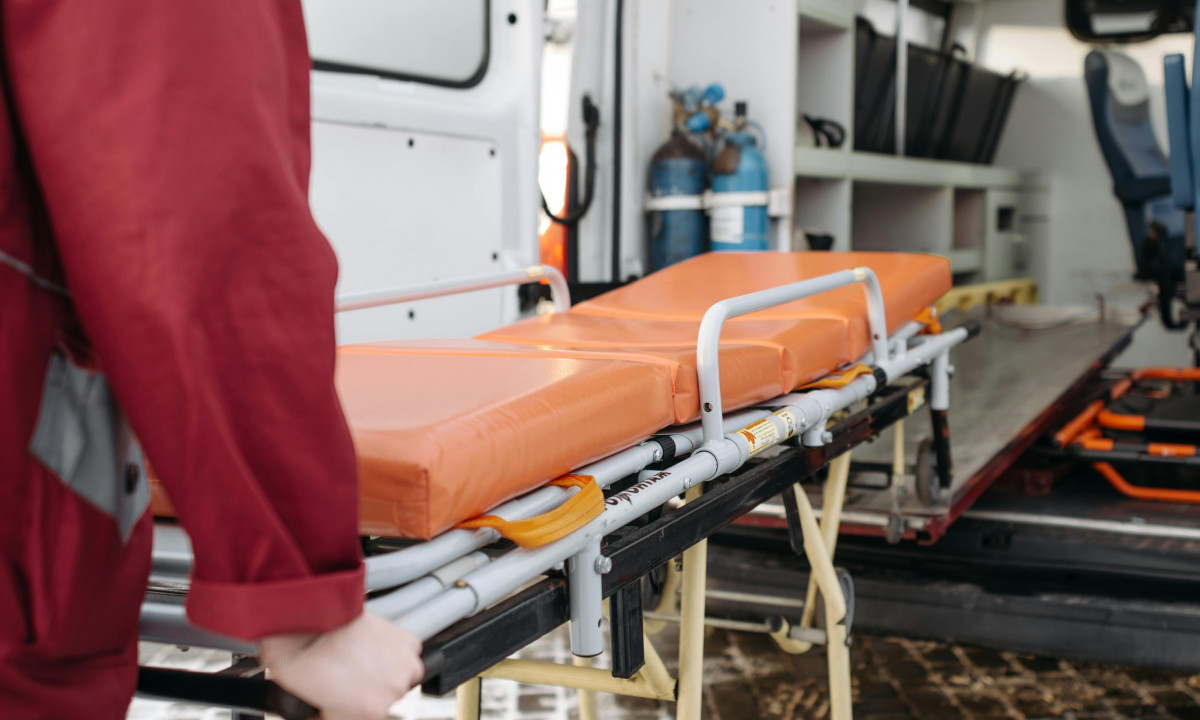
ARDA Foundation

Thousands need medical evacuation, but borders, resources, bureaucracy, and broken hospitals are standing in the way.
The Gaza Strip, one of the most densely populated areas globally, has endured decades of conflict. The escalations since October 2023 collapsed the already fragile health system in Gaza. For many around the world, the Gaza crisis may feel distant, but behind the headlines are real people whose lives now hang in the balance.
Today, the healthcare infrastructure in Gaza lies in ruins. According to the World Health Organization (WHO), only 16 out of 36 hospitals remain partially functional, and most hospitals lack the capacity to treat chronic diseases and complex injuries. The few that remain are overwhelmed, critically under-equipped, and lacking everything from medicines to electricity. Doctors perform surgeries without anesthesia, and emergency care is nearly impossible.
For the 350,000 people in Gaza living with chronic illnesses such as cancer, diabetes, or kidney failure, the situation is particularly dire. Cancer patients are unable to receive chemotherapy or radiotherapy due to the destruction of treatment centers and the shortage of medication. A recent publication from The Lancet highlighted the harrowing delays in care for cancer patients, describing a reality in which hope is quickly vanishing.
This is not just a health crisis—it's a human crisis. The only option for thousands of critically ill patients is to receive treatment abroad. But that pathway is severely limited. As of early 2025, the World Health Organization reports that more than 20,000 people in Gaza urgently need medical evacuation, yet only a small fraction have been able to leave. For many, the window for survival is closing.
The health system in Gaza will need years to rebuild.
But for thousands of people there’s no time to rebuild—lives are slipping away as we speak.
Can you imagine living in a world where medicine has advanced so far—we can transplant hearts, treat cancer, and perform surgery with robots—yet just a few kilometers away, people are dying from conditions that could be easily treated?
This is the reality in Gaza.
Medical evacuation is not just a humanitarian gesture—it’s a critical component of crisis health management. By transferring the most vulnerable patients—those with cancer, kidney failure, or severe injuries—to hospitals abroad, we can ease the burden on Gaza’s collapsing medical system and free up scarce local resources for emergency and primary care. This approach creates breathing space for overstretched clinics, allows continuity of care for complex conditions, and supports the long-term stabilization of Gaza’s healthcare landscape. We see it as a scalable, sustainable step forward.
At the ARDA Foundation, we’ve already helped open a narrow but vital path—the Gaza Health Bridge —a corridor of compassion that makes it possible for patients to reach life-saving care outside of Gaza. That bridge is real. It exists. But crossing it takes more than logistics—it takes empathy.
This is your chance to walk beside them.
This is your moment to turn compassion into action.
By supporting our campaign, you can:
- Help children receive urgent treatment abroad
- Give cancer patients the second chance they deserve
- Support the safe passage of people whose lives hang in the balance
Let’s turn despair into hope—together.
See details about the campaign HERE.



